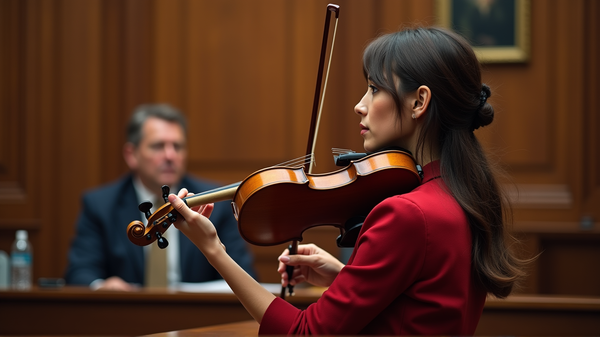Unveiling Hidden Motives in College Sports Volunteering
Have you ever wondered what drives college students to enroll as sports volunteers? New research reveals that deep-seated egoistic motivations, when influenced by social norms and organizational support, can transform selfish intentions into altruistic deeds.
The Power of Egoistic Motivation
It starts with a powerful inner drive. According to the study conducted among 684 sports university students, egoistic motivation was found to be a strong predictor of participation in volunteer sports activities. These findings highlight the impactful role of personal gain and self-satisfaction as critical motivating factors. Egoism, however, isn’t the end of the journey.
Social Norms: The Invisible Guiding Hand
Social norms play a key part in this transformation. The researchers discovered that these unseen forces significantly moderate the relationship between egoistic motivation and willingness to participate. Essentially, when students perceive volunteering as a socially accepted or encouraged activity, their motivation to get involved is amplified.
Organizational Support: The Higher-Order Influence
An additional layer comes into play with perceived organizational support. This notion not only aids in transforming egoistic tendencies but adds a higher-order moderating effect by enhancing the influence of social norms. Students feel more inclined to volunteer when they think their contributions are supported and valued by institutions.
Transforming Egoism into Altruism
This fascinating interplay suggests that egoistic motivations can seamlessly evolve into altruistic actions when aligned with collective social beliefs and support structures. Thus, higher educational institutions have a unique opportunity to harness egoistic motivations, fostering an environment that appeals to students’ desires while promoting community-centric values.
Practical Implications and Future Directions
For institutions aiming to maximize human resources within sports programs, the integration of these elements provides a compelling framework. Colleges can effectively employ strategic communication and support mechanisms to foster a thriving volunteer community, thus promoting the sustainable development of sports volunteer services.
As the study unfolds, it beckons educators and organizational planners to resourcefully channel egoistic motivations, sculpting a landscape where individual benefits align harmoniously with societal contributions. According to Frontiers, such initiatives can catalyze a profound impact on both personal development and community growth in the collegiate sports arena.




